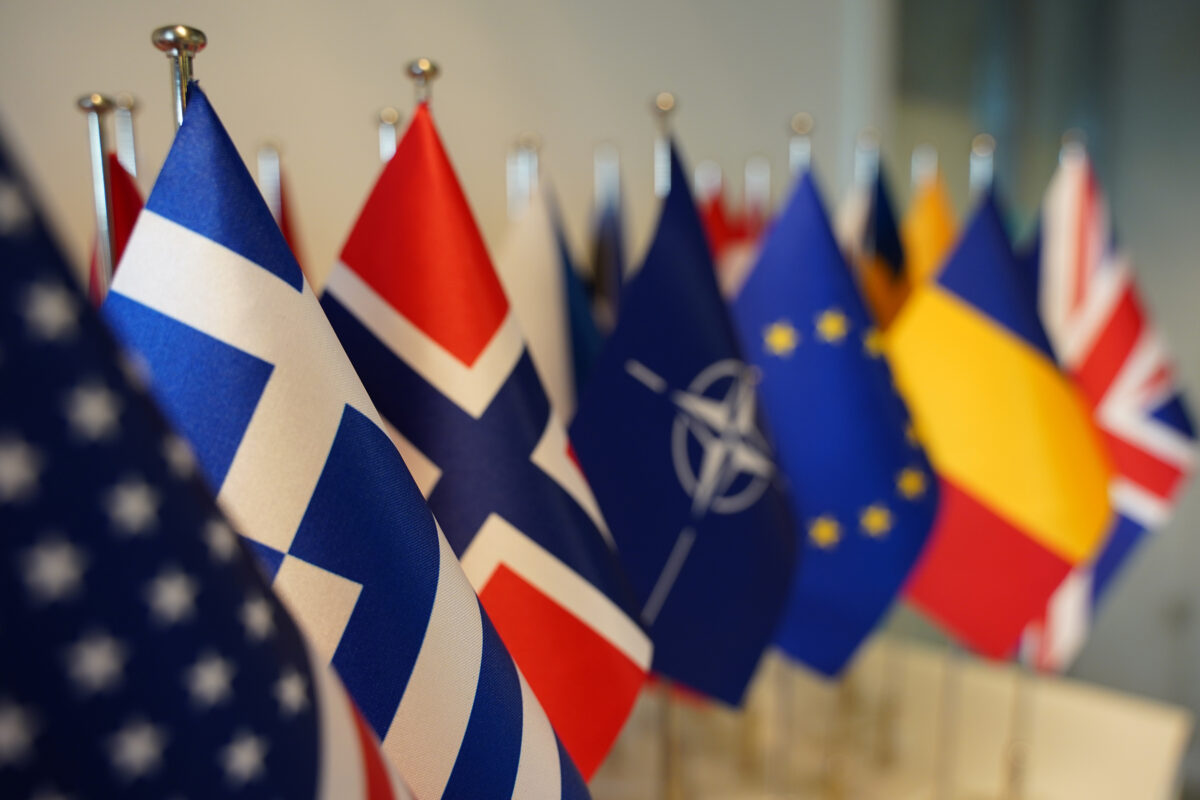Hybrid CoE is an international, autonomous network-based organization promoting a whole-of-government and whole-of-society approach to countering hybrid threats.
Participation in the Centre’s activities is open to all EU and NATO countries, and the number of Participating States has grown to include 35 states today.
Hybrid CoE’s mission is to strengthen its Participating States’ and organizations’ security by providing expertise and training for countering hybrid threats.
The Centre’s vision is a world in which our open, democratic societies operate
free of hostile outside interference.
The autonomous Centre is unique in the sense that it is the only actor having both the EU and NATO work and conduct exercises together, with activities covering a wide range of domains from civil to military, and from hostile influencing to hybrid warfare.
The Centre’s key task is to build its Participating States’ capabilities to prevent and counter hybrid threats. This is achieved by sharing best practices, providing recommendations, as well as testing new ideas and approaches. The Centre also builds the operational capacities of the Participating States by training practitioners and organizing hands-on exercises.
Hybrid CoE not only crafts new strategic concepts, it also helps to implement them. Excellence is achieved through the Centre’s cross-governmental, cross-sectoral networks, which consist of over 1,800 practitioners and experts working variously in the Participating States, the EU and NATO, the private sector, and academia.
Hybrid CoE leads the conversation on hybrid threats by publishing a wide range of publications and engaging with various partners in the field.
The Centre’s work is planned and coordinated by the Hybrid CoE Secretariat, located in Helsinki, Finland.
Activities
The Centre currently has three Community of Interest (COI) networks: Hybrid Influence; Vulnerabilities and Resilience; and Strategy and Defence. The networks are managed by the Secretariat.
The Communities of Interest comprise networks of practitioners from the Participating States, as well as from the EU and NATO. The COIs provide a space for multinational and multidisciplinary sharing of best practice, experience and expertise so that the Participating States and organizations can better understand and counter hybrid threats. They also provide a space to coordinate actions.
The Research and Analysis team supports the Centre’s work by advancing academic research and debate on relevant topics. It hosts a comprehensive network of academic experts. The COIs participate in the research function’s work by providing input from their activities.
The Training and Exercises team plans and facilitates tabletop and experimental exercises with different hybrid threat scenarios, acting as an enabler and implementer.
Read more about Hybrid CoE’s activities in 2024 here.
The Hybrid CoE Secretariat
Hybrid CoE’s host country is Finland and the Secretariat is located in the capital, Helsinki. The Centre has a domestic legal personality and the capacity to perform its functions in the Republic of Finland in accordance with national legislation (unofficial translation) that entered into force on 1 July, 2017.
The Secretariat, headed by Director Teija Tiilikainen, manages the Centre’s administration and general functions. The Secretariat is also responsible for preparing and organizing the meetings of the Steering Board, as well as cooperating and liaising with the Participating States, the EU and NATO, and building and maintaining networks. Participating States can send employees on secondment to the Secretariat.
The Centre’s annual core budget amounts to 4.3 million euros. Approximately half of this is covered by host nation Finland, and other half comes from participation fees paid by the 34 Participating States.
The Hybrid CoE Steering Board
The Steering Board, consisting of representatives from the Participating States, is the principal decision-making body at the Centre. Staff representatives from the EU and NATO are invited to attend the Steering Board meetings.
The Steering Board establishes policies, adopts internal regulations, and approves the work programme, the budget and the accounts, the annual participation fees, and the admission of new Participating States. It also approves such guidance that may be necessary for the functioning of Hybrid CoE and its organs.
The Steering Board is led by the Chair, who is currently Mr Jarmo Lindberg.


